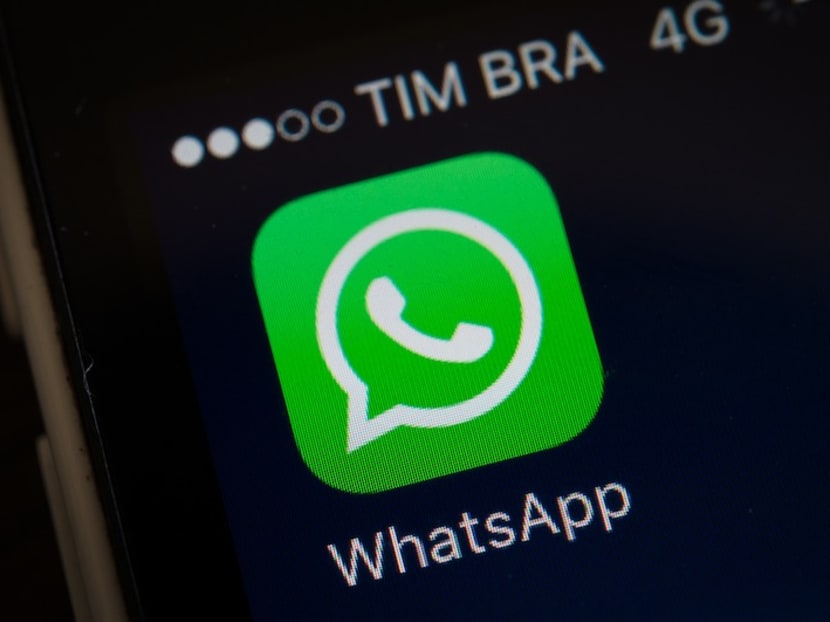China blocks WhatsApp ahead of Congress meeting
SHANGHAI — China has largely blocked the WhatsApp messaging app, the latest move by Beijing to step up surveillance ahead of a major Communist Party congress next month.

Users in China have reported widespread disruptions in recent days to the Facebook-owned service. Photo: AFP
SHANGHAI — China has largely blocked the WhatsApp messaging app, the latest move by Beijing to step up surveillance ahead of a major Communist Party congress next month.
Users in China have reported widespread disruptions in recent days to the Facebook-owned service.
It previously malfunctioned in mid-July, when Chinese censors blocked video and voice chats, the sending of photographs and other files. But most text messages on the app continued to go through normally. That was not the case in the latest disruption this past week.
The blocking of WhatsApp text messages suggests that China’s censors may have developed specialised software to interfere with such messages, which rely on an encryption technology that is used by few services other than WhatsApp.
“This is not the typical technical method in which the Chinese government censors something,” said Mr Nadim Kobeissi, a cryptographer at Paris-based online security firm Symbolic Software.
He added that his company’s automated monitors had begun detecting disruptions of WhatsApp in China last Wednesday, and that by Monday the blocking efforts were comprehensive.
Text messaging, voice calls and video calls appeared to be working again on Tuesday (Sept 26), though voice messages and photos were not going through.
The Chinese authorities have a history of mostly, but not entirely, blocking Internet services, as well as slowing them down so much that they become useless.
The censorship has prompted many in China to switch to communications methods that function smoothly and quickly, but that are easily monitored by the Chinese authorities, such as the WeChat app of the Chinese Internet company Tencent.
“If you’re only allowed to drive one mile per hour, you’re not going to drive on that road, even if it’s not technically blocked,” said Mr Lokman Tsui, an Internet communications specialist at the Chinese University of Hong Kong.
The disruption of WhatsApp comes as Beijing prepares for the Communist Party’s congress starting on Oct 18 when President Xi Jinping is expected to be given a second five-year term as the party’s general secretary.
But considerable uncertainty remains over who will join him on the Standing Committee of the Politburo, the party’s highest-ranking group.
“It smells like Party congress pre-emptive blocking,” said Mr Jason Ng, who researches China’s Internet at the Citizen Lab at the University of Toronto.
China usually steps up surveillance around major events, Mr Ng said.
While the WeChat messaging app is more widely used in the country, many WhatsApp users complained about the disruptions.
“As we get closer to the party congress, I think the authorities will use more extreme censorship measures. The public knows that WeChat isn’t safe,” said prominent Beijing-based activist Hu Jia.
“Me and other dissidents use WhatsApp to communicate 70 per cent of the time. For the few days WhatsApp was completely inaccessible, we didn’t talk at all,” Mr Hu said.
WhatsApp has a strong reputation among cryptographers for security, which may have been what drew the attention of Chinese censors.
The app provides so-called end-to-end encryption, which effectively means that even Facebook does not know what is being said in the text, voice and video conversations passing through its servers.
The latest disruption of the WhatsApp messaging system suggests that China’s censorship apparatus may have figured out how to target its uncommon and heavily encrypted data transport protocol, Mr Kobeissi said.
China has tightened online policing this year, enacting new rules that require tech companies to store user data inside the country as well as imposing restrictions on what is permissible content.
Websites such as Facebook, Twitter, Pinterest and a slew of foreign media have been blocked for years. AGENCIES






